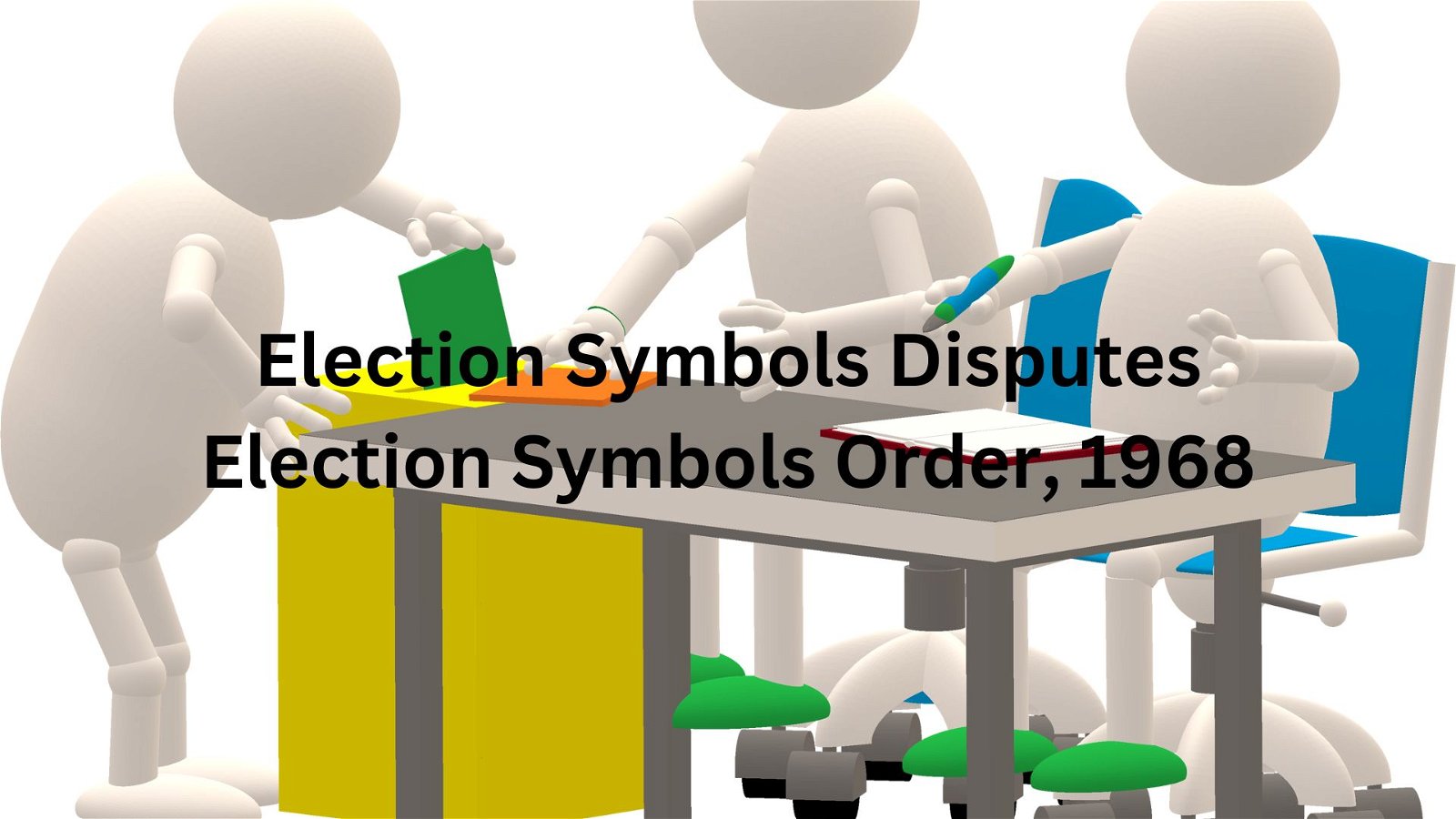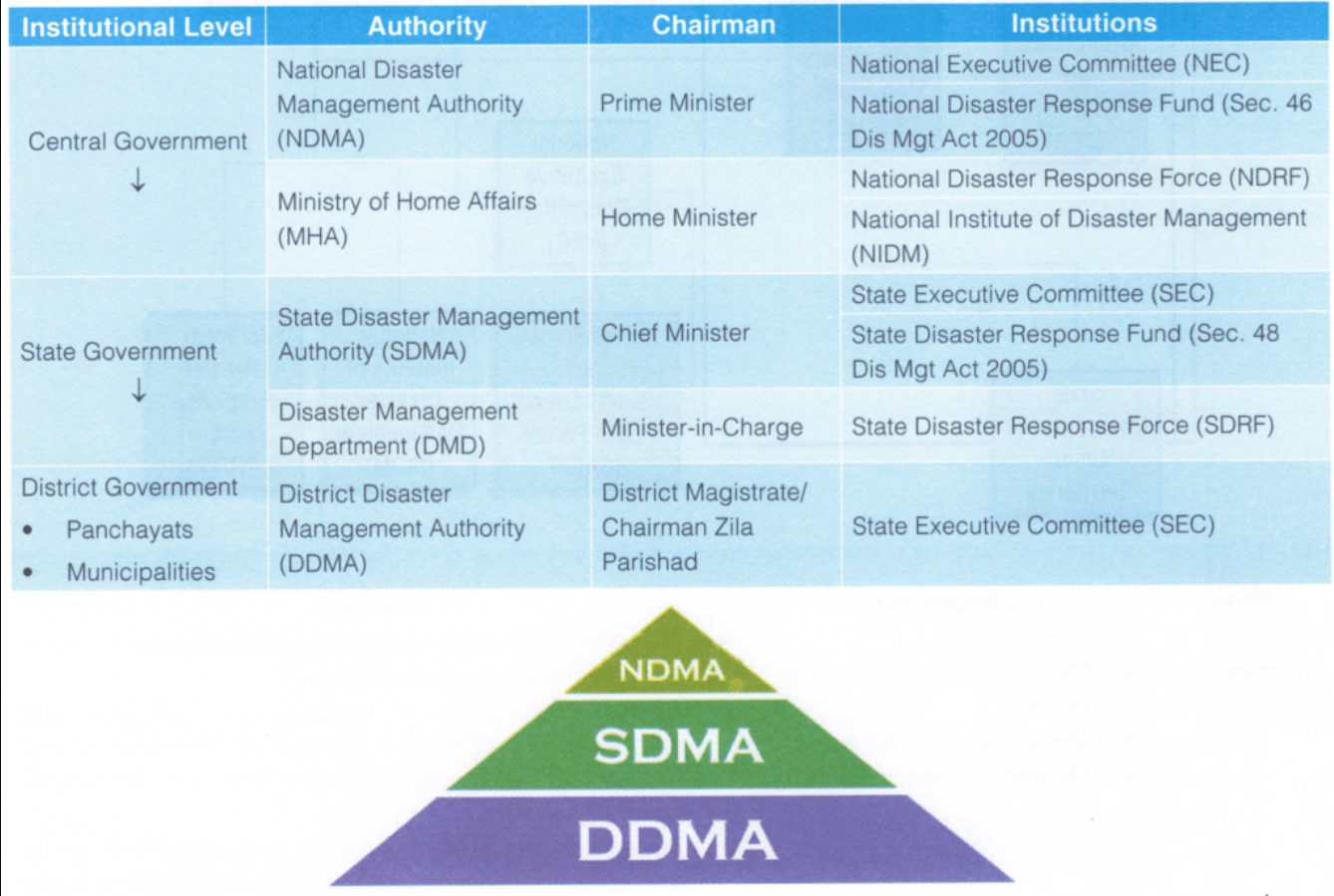
Article 102 of the Indian Constitution: Disqualification of a Member of Parliament (MP)
Subscribe to Never Miss an Important Update! Assured Discounts on New Products!
Must Join PMF IAS Telegram Channel & PMF IAS History Telegram Channel
Rahul Gandhi’s Disqualification
- Context (TH): Judgment on Rahul Gandhi’s conviction in a defamation case is still awaited.
- Mr Rahul Gandhi was convicted and sentenced to two years imprisonment (maximum sentence for criminal defamation) by a magisterial court over his ‘Modi surname’ remark.
- As a result of the two-year jail term, he has now become ineligible to remain a legislator, and the Lok Sabha Secretariat has notified his disqualification (he is no longer an MP).
- Mr Gandhi, in surat session court, filed two applications, first for suspension of sentence, essentially an application for regular bail, and the second for suspension of conviction.
- The surat session court granted bail and suspended the sentence till the disposal of the appeal. It, however, dismissed his plea to stay his conviction.
- While his sentence has been suspended till the disposal of his appeal, only a stay on his conviction could have restored his membership of the House.
- Mr Gandhi filed the appeal in the Gujarat HC. The Gujarat HC declined to grant any relief and said it would give its final order when it reopens after the summer vacation.
Article 102 of the Indian Constitution: Disqualifications From Membership
- A person shall be disqualified for being chosen (elected) as, and for being, a member of either House of Parliament:
- If he holds any office of profit under the Government of India or the Government of any State, other than an office declared by Parliament by law not to disqualify its holder.
- If he is of unsound mind and stands so declared by a competent court.
- If he is an undischarged insolvent (a person who cannot repay his debts, and as long as he remains in that position, he is an undischarged insolvent).
- If he is not a citizen of India, or has voluntarily acquired the citizenship of a foreign State, or is under any acknowledgement of allegiance or adherence to a foreign State.
- If he is so disqualified by or under any law made by Parliament.
- A person shall be disqualified from being a member of either House of Parliament if he is so disqualified under the Tenth Schedule (which talks about the anti-defection law).
Representation of the People Act, 1951 (RPA)
- Section 8(3) of the RPA calls for barring a person from contesting elections for 6 years in addition to the period of conviction if he/she is convicted for 2 years or more under any offence.
- Section 8(4) of the RP Act (declared unconstitutional by SC in 2013) allowed convicted MPs, MLAs and MLCs to continue in their posts, provided they appealed against their conviction/sentence in higher courts within three months of the date of judgment by the trial court.
- Section 8(4) (declared unconstitutional by SC in 2013) creates two classes of convicts:
- the common man who, on conviction, cannot contest elections for MPs and MLAs, and
- sitting MPs and MLAs who would continue to be treated as not convicted despite being found guilty of an offence by a court of law.
Lily Thomas v Union of India case, 2013
- In the Lily Thomas v Union of India (2013), SC said that a lawmaker stands immediately disqualified on attracting a sentence of two years or more unless a higher court stays the conviction.
- The top court had struck down Section 8(4) of RPA as unconstitutional, which provided a three-month window to file an appeal and continue as a lawmaker until the case is disposed of.
- Mr Rahul Gandhi was disqualified as an MP immediately after the conviction as Section 8(4) of RPA is no longer valid.
Revocation of disqualification
- In January 2023, the Kavaratti district sessions court convicted and sentenced Lakshadweep MP Mohammad Faizal to 10 years of rigorous imprisonment for attacking a Congress worker.
- On January 13, the Lok Sabha Secretariat notified Faizal’s disqualification under Section 8(3) of RPA.
- Kerala HC suspended his conviction in March 2023, and the Lok Sabha secretariat immediately revoked his disqualification.
- Similarly, if a higher court suspends Mr Gandhi’s conviction, he regains his MP membership.





![PMF IAS Environment for UPSC 2022-23 [paperback] PMF IAS [Nov 30, 2021]…](https://pmfias.b-cdn.net/wp-content/uploads/2024/04/pmfiasenvironmentforupsc2022-23paperbackpmfiasnov302021.jpg)











